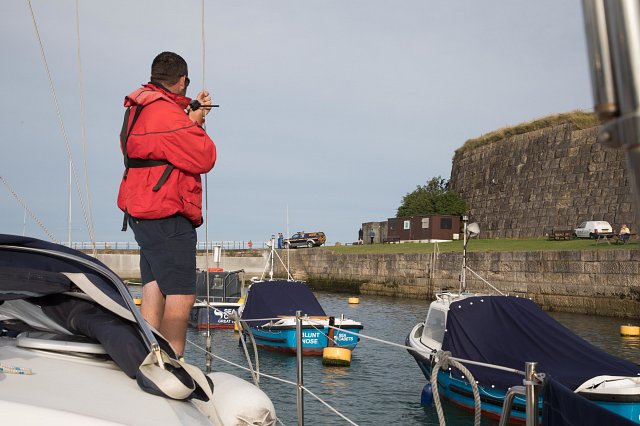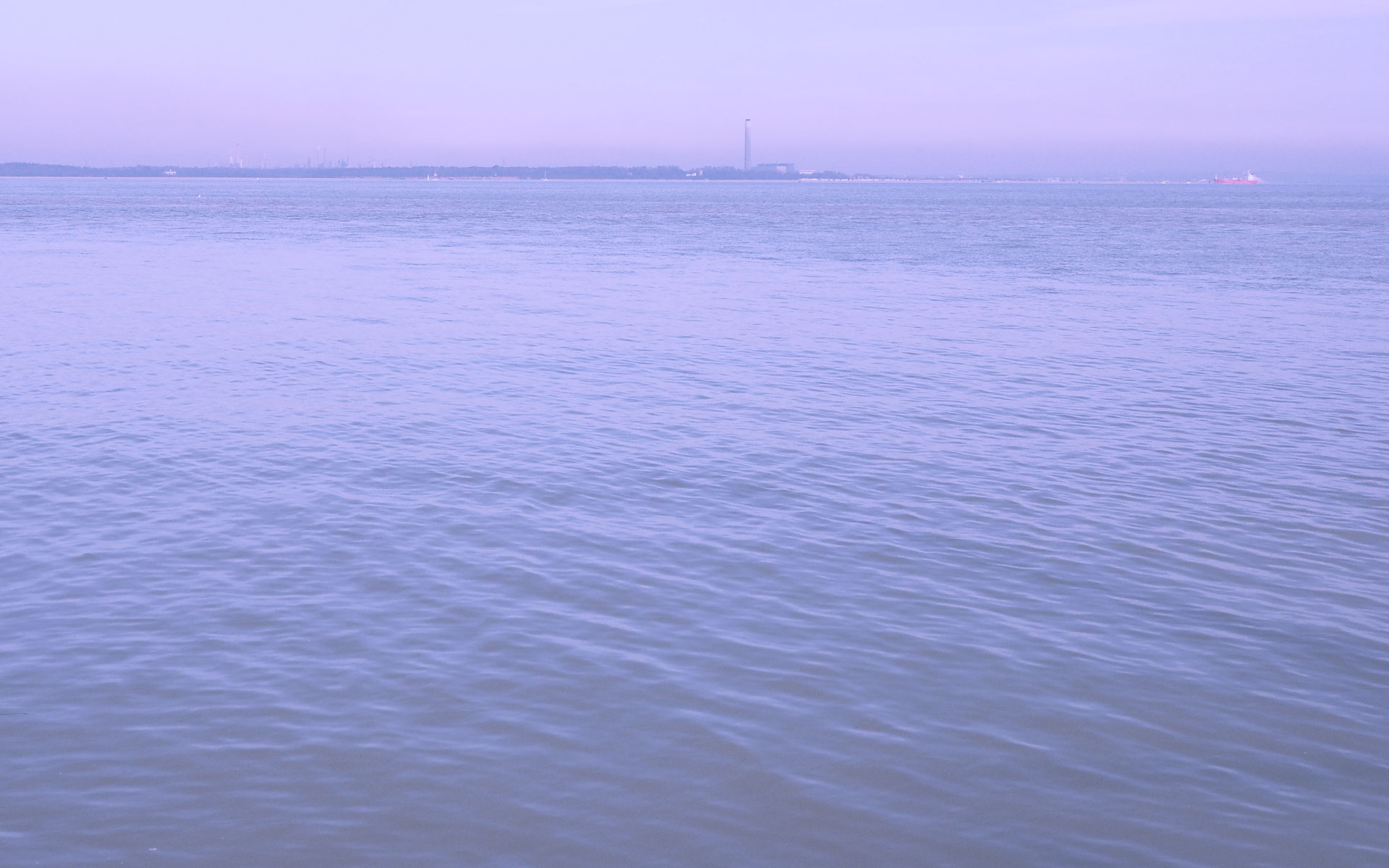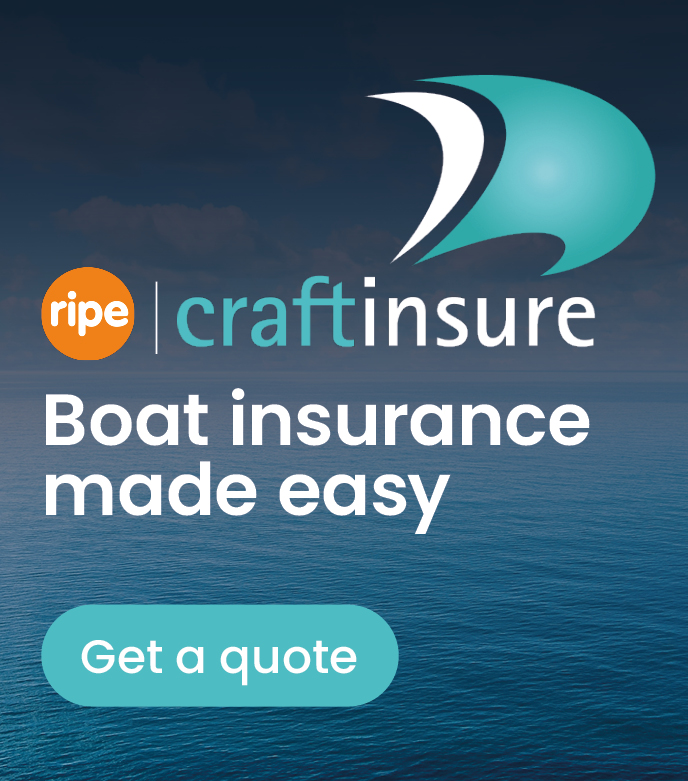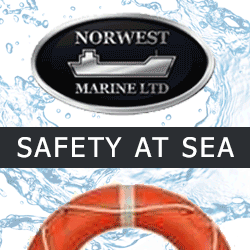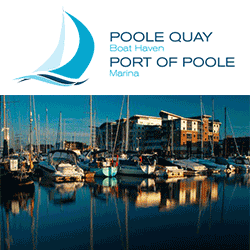HM cOASTGUARD
GOING Afloat SAFELY
• 1. Prepare You Boat
Ensure your vessel, means of propulsion and safety equipment are ready, that the vessel is seaworthy and suitable for the voyage being planned. Are lifejackets and liferaft available and in good condition? Do you have proper child-sized lifejackets available for children travelling with you? Has the engine and safety equipment been serviced? If it’s not your boat, are you fully familiar with the controls, the rig, bilge pumping arrangements and electrical systems? Is the gas system in a safe condition? Do you know how to isolate it?
• 2. Plan Your Voyage
Do you have sufficient fuel on board for the proposed voyage? Have you taken a reliable weather forecast and tide times for the area into account? Are you aware of the local navigational hazards? Do you have a current chart for the area? Are you aware of relevant local notices to mariners? In harbour areas, do you know the speed limits, radio frequencies and important telephone contacts?
• 3. Staying Out Late
If your going to stay at sea after sunset and into the night, do you have the correct navigation lights fitted? Are you used to navigating in the dark? Navigation at night presents its own challenges, and areas familiar by day can seem very different at night. Remember, many buoys and moored vessels are unlit. Make sure there are enough people on board to help keep a good lookout. Navigating without showing the correct navigation lights is dangerous, and an offence. It can get cold at sea at night, even in the summer. Make sure that you and your passengers have warm clothing available.
• 4. Stay In Touch
Tell someone ashore where you are going and your expected time of arrival. In an emergency at sea do you have the right equipment to get help, at least two of the following: a DSC* radio, a PLB*, an EPIRB*, in- date flares...? Do you know what the recognised distress signals are? Don’t rely on just a mobile phone but if you have to, call 999 and ask for Coastguard.
Is your beacon (PLB or EPIRB) registered with the Coastguard to speed up the rescue? Register for free at gov.uk/406beacon
• 5. Be Responsible
Don’t overload the boat, the consequences can be sudden and catastrophic particularly if your boat is small or has a flying bridge. Excessive alcohol consumption by you or those on board can reduce people’s ability to respond in an emergency. Swimming whilst intoxicated is extremely dangerous. Be a responsible skipper and ensure that you all stay safe and in control.
• 6. Wear it
Most boaters know that a lifejacket will buy vital time in the water and could save a life, but only if it is being worn. So, whatever your boating interests, make sure that you and your crew select the right size and type of lifejacket, and know when to wear it. Attach a kill cord to yourself if the boat is equipped for one.
